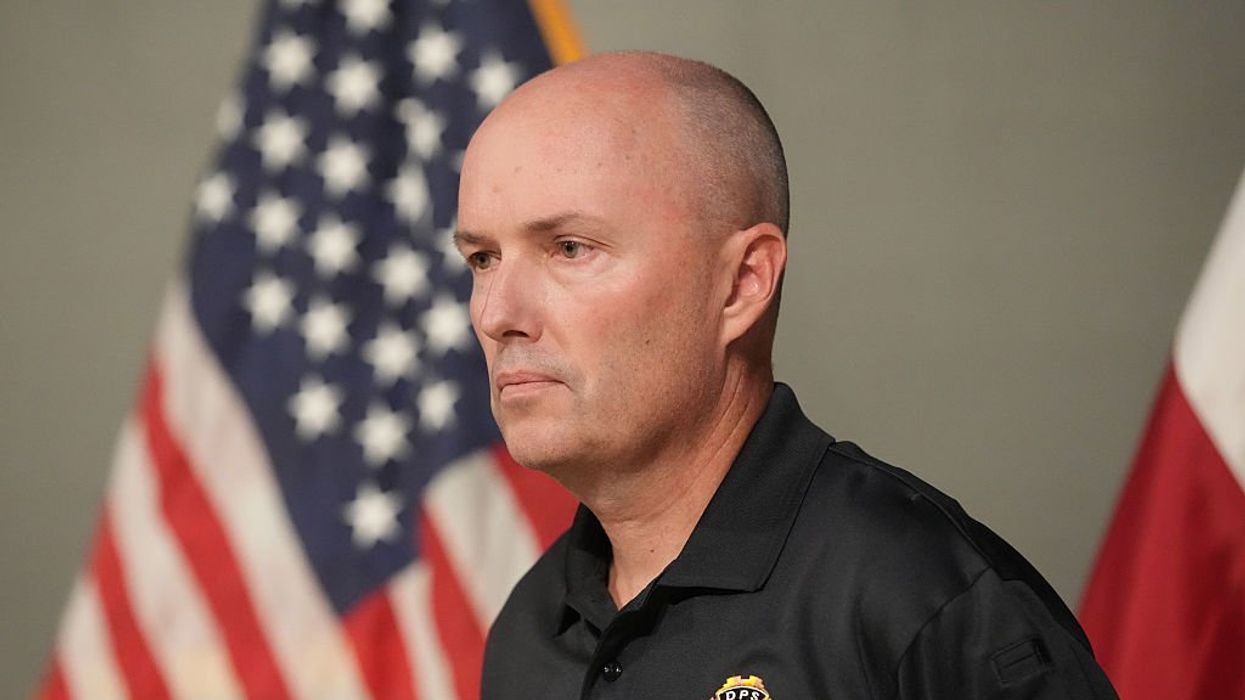The tragic killing of Charlie Kirk has shaken our nation. It has also revealed, with painful clarity, the moral crossroads at which we now stand. Amid grief and rising political vitriol, his voice has emerged with clarity and courage: Utah Governor Spencer Cox.
While some MAGA-aligned figures, including the President, have responded with incendiary rhetoric that risks deepening our national divide, Governor Cox has chosen a different path. His words have been mournful, measured, and morally grounded. He has reminded us that political violence is not just an attack on individuals; it is an attack on the American experiment itself.
For those of us who have followed Cox’s career, this moment is not an anomaly. It is a continuation of a lifelong devotion to bridging divides and restoring civic grace. In 2016, as Lieutenant Governor, Cox co-chaired the Utah Citizen Summit, a groundbreaking event sponsored by the Utah Civil and Compassionate Communities Initiative. The summit brought together elected officials, community leaders, and everyday Utahns for a full day of dialogue, reflection, and bridge-building.
Its theme was “America Coming Together.” Its purpose was to model how political and cultural divides could be bridged through civil discourse and creative problem-solving. It was described as part group therapy, part civic conversation—a response to the fear and polarization following the 2016 election.
Nearly a decade later, Cox is once again showing us what it means to lead with empathy and courage. His recent remarks have echoed the same values he espoused in 2016: unity, dignity, and the moral imperative to disagree better.
“This is not just an attack on Charlie Kirk. It is an attack on all of us. It is an attack on the American experiment. It is an attack on our ideals,” said Governor Spencer Cox shortly after the killing of Charlie Kirk
“Political violence is different from any other type of violence… because it makes it more difficult for people to feel like they can share their ideas, that they can speak freely.” — Governor Spencer Cox.
“Our nation is broken. To anyone who might have celebrated, I ask you to look in the mirror and see if you can find a better angel in there somewhere.”
The polarized and hateful America of today is certainly not the America we should leave for our children. We owe it to ourselves—and to the generations that follow—to do better. To build a country where compassion is not weakness, where disagreement is not danger, and where democracy is not a battleground but a shared endeavor. Our children deserve a nation that reflects our highest ideals, not our darkest impulses.
And yet, while we honor Charlie Kirk’s life and respect the grief his family and friends are going through in the coming weeks and months we must confront a more profound dilemma facing our nation. How do we protect free speech while calling out language that incites and divides us? What is the balance between respecting the First Amendment and the right to free speech while calling out those who incite harm?
As Americans, we must resist the temptation to retreat into tribalism or cynicism. We must reject the politics of vengeance and embrace the politics of repair. We must remember that democracy is not a spectator sport—it is a daily act of courage, compassion, and commitment.
Governor Cox has shown us what that looks like. Now it’s our turn.
Let us come together, not just in moments of tragedy, but in the everyday work of civic renewal.
Let us build communities where disagreement is not a threat, but a strength.
Let us model the kind of leadership that heals rather than harms.
The American spirit is not dead. It is just waiting for us.
David Nevins is the publisher of The Fulcrum and co-founder and board chairman of the Bridge Alliance Education Fund.




















